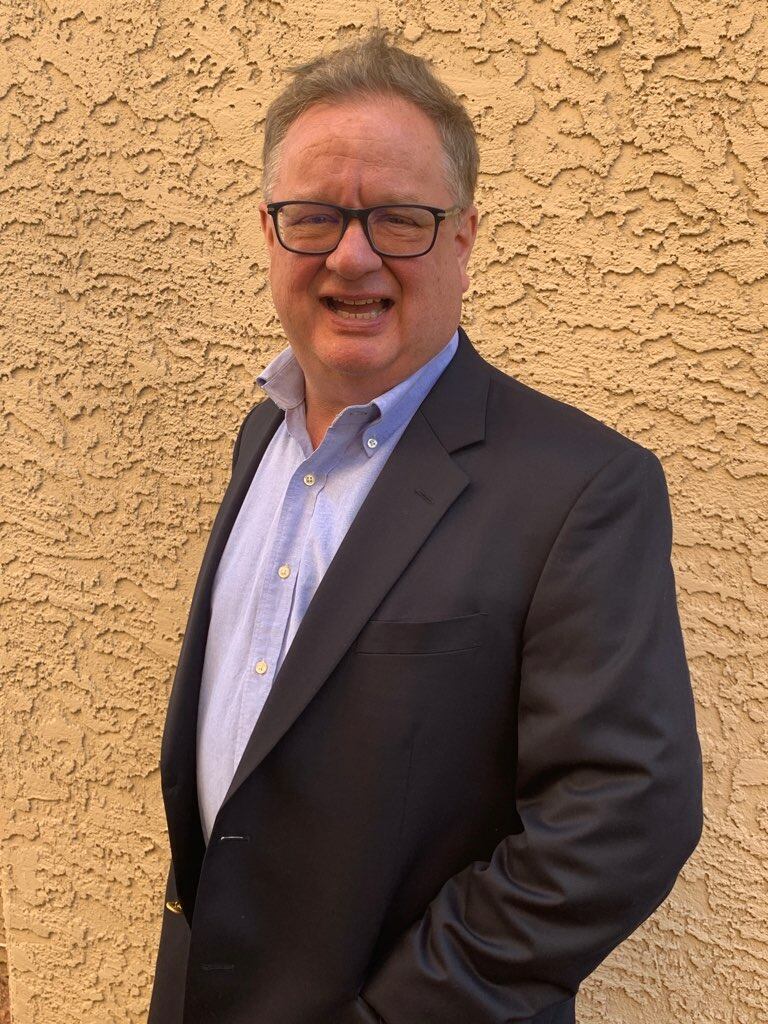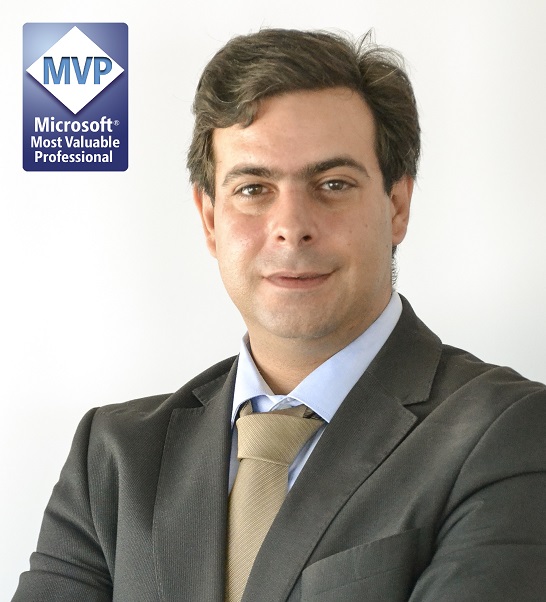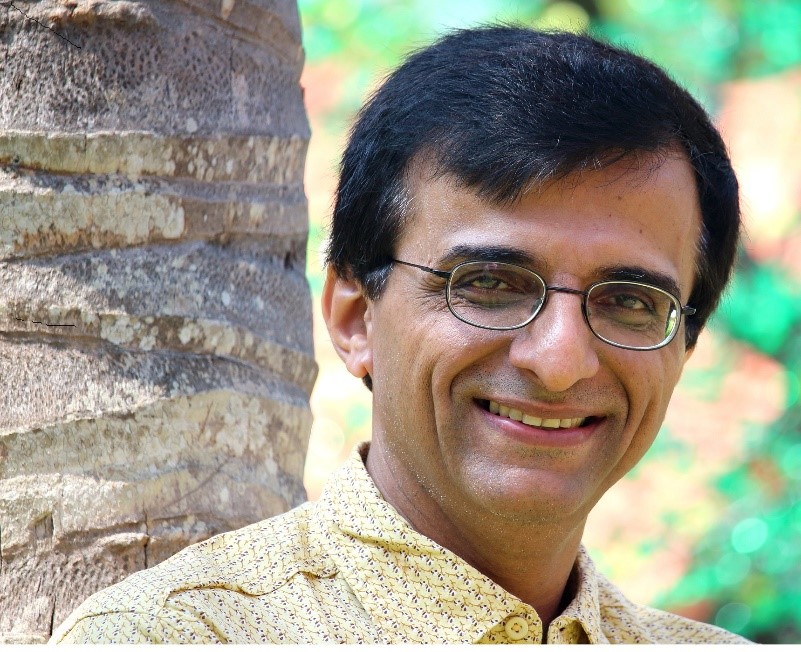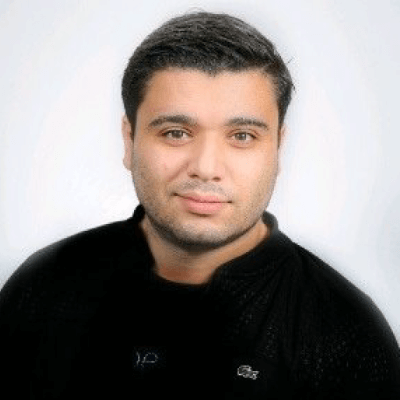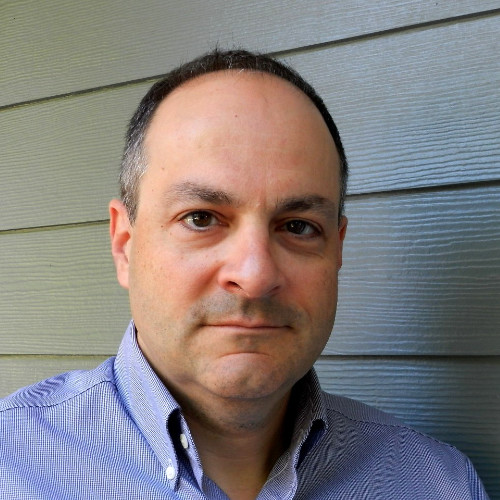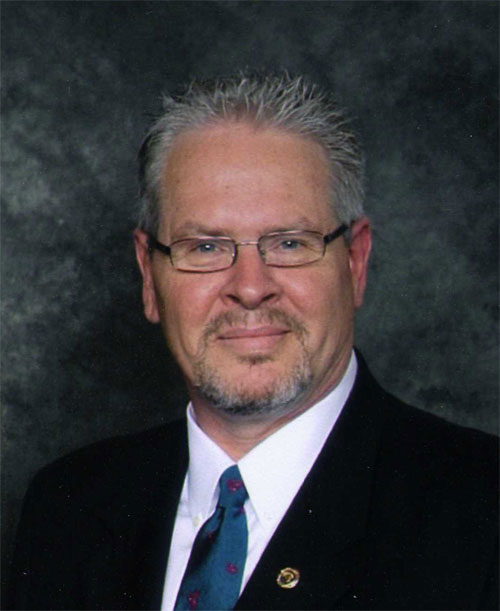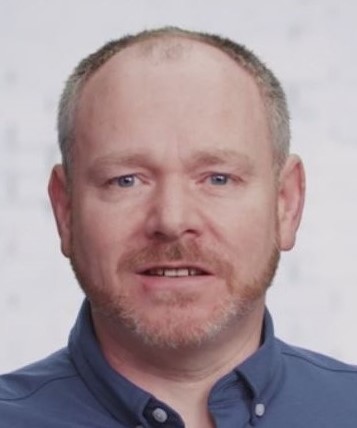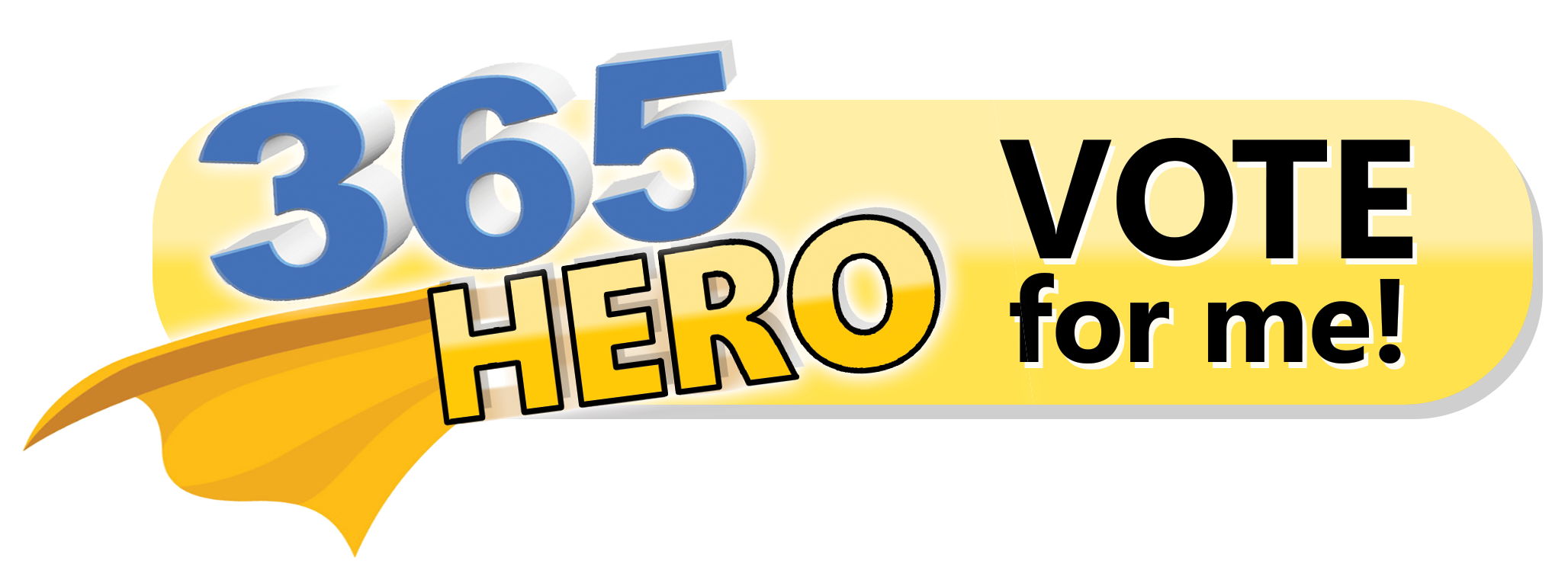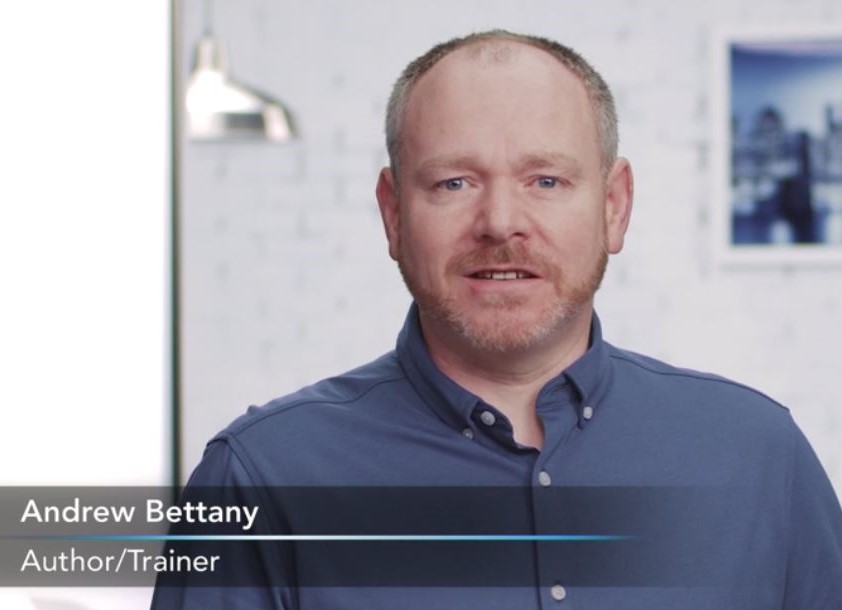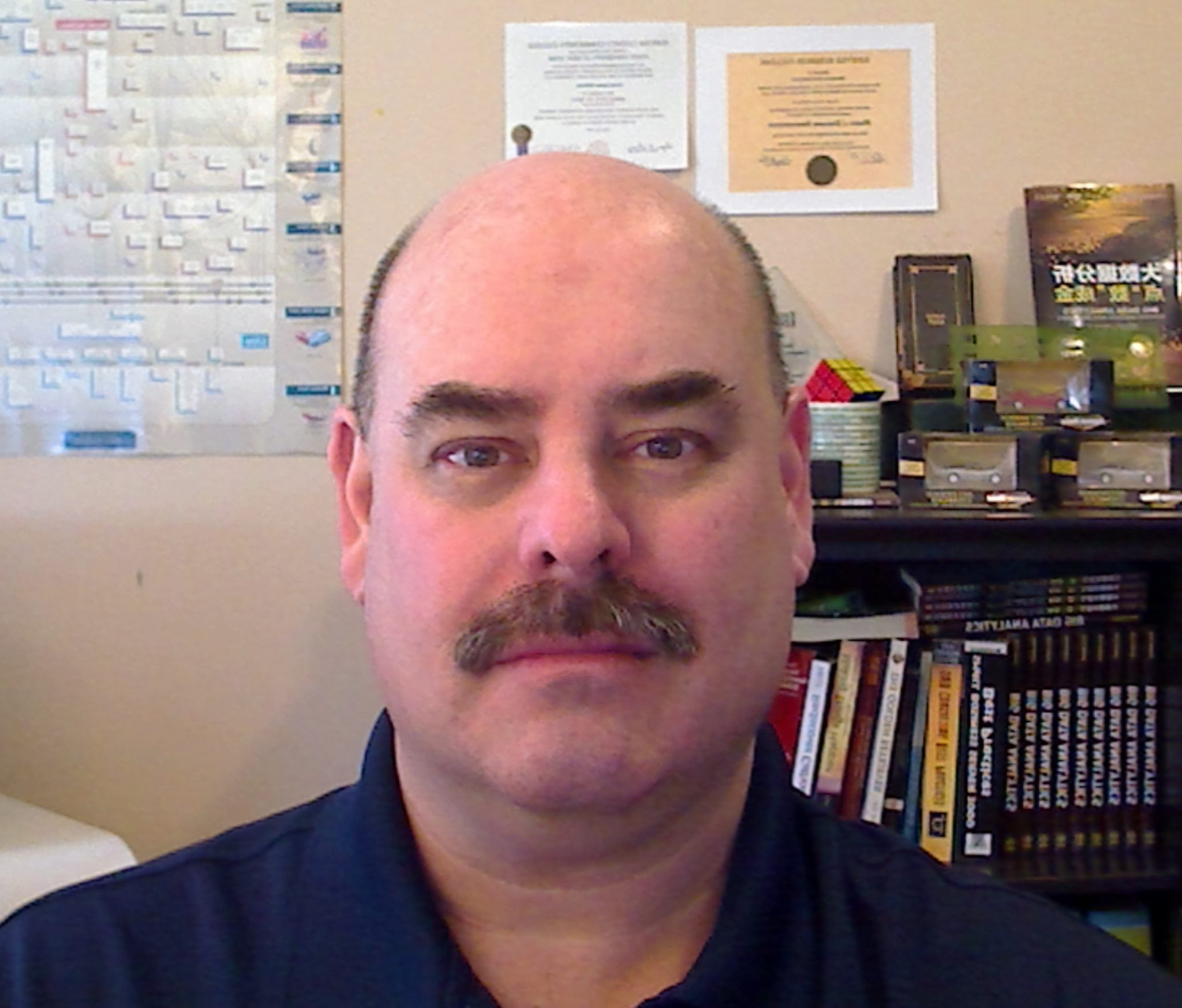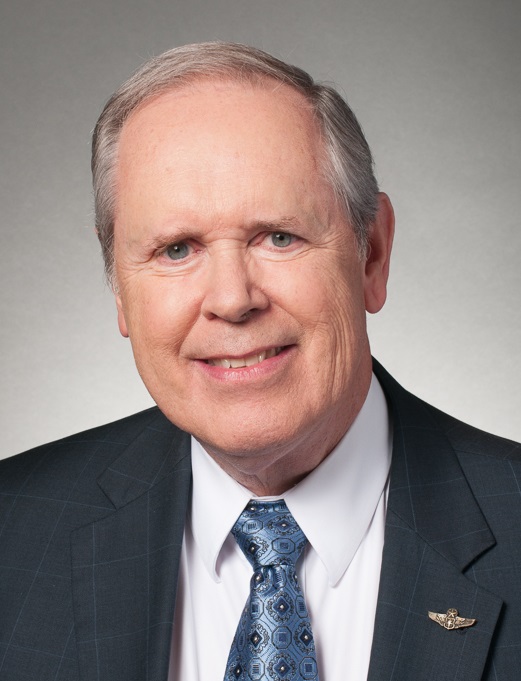The Russia-Ukraine war is driving elevated concerns for cyber security risks worldwide. While the current climate is unpredictable, cybersecurity experts are warning organizations to prepare for a potential in increased cyber- attacks by updating software, making sure patches are up to date, use multifactor authentication, and strengthen your passwords. As MSP’s you need to help reduce the impact and shorten duration should an incident occur to one of your customers. Harry Brelsford sits down with Anthony Oren, Nero Consulting Inc. to discuss the current cyber security situation and what you can do to prepare.
Video Transcription
Harry Brelsford
Pay nation nation we are with Anthony Oren of Nero consulting in the New York area. Hey, Anthony.
Anthony Oren
Hey, Harry, good to see you.
Harry Brelsford
Yeah, yeah, likewise. Well, hey, you, you suggested the topic that we really haven’t covered. And it was the it implications of the war between Ukraine and Russia, your Ukrainian I believe. So let me hand it over to you. What’s your story?
Anthony Oren
Yeah, sure. Thank you. So yes, I was born in Ukraine. In fact, Nero, the majority of our team, they’re also from Ukraine. And, you know, this, this Russia, Ukraine, wars really hit home for us. A lot of our family and friends are still over their house. So you know, what we’re seeing on the US is similar to what we’re kind of reading through our WhatsApp messages or, you know, emails if possible. I mean, there’s a lot of stuff going on over there. And I wanted to kind of put a cybersecurity perspective on the Russia versus Ukraine war, because there’s a lot of play. It’s not just one country versus another. politically it is, but it’s so deeply rooted into, you know, the Russian people versus the Ukrainian people. It’s an example. Prior to this war, I’ll be very honest, I never told anyone else Ukrainian. I actually advertise myself as Russian. It was just simpler that way. I don’t know about you. But have you really heard much about Ukraine before this war? And you knew where it was right. But
Harry Brelsford
yeah, oh, yeah. I knew where it was. They just, I follow politics. And I mean, in a kind way. I’m a student of politics. I’m not real ideological, but certainly some of the investigations in the last several years. So I feel I know of Ukraine sure.
Anthony Oren
Yeah, that definitely put Ukraine on the map. I know you mean. But, you know, my quick origin story is I moved here with my parents in 1990. It was around the time of the Soviet Union’s collapse, I was five years old, then my grandparents came, and so on. We literally came here with $500 in my father’s pocket, I mean, that that was it. We just knew we had to get out and start a new life in America. And you know, that $500 story, it’s, it’s, I don’t want to say it’s a typical of an immigration story. But it’s, it’s so prevalent, and it’s so real and $500. If you think about it, inflation, inflation, there’s not much you could do with that, right? There’s not many job prospects, when you have $500 in pocket, everyone is scared. But you find a way to do it. My family did my father built a better life for me, allowed me to, you know, go study computers in college, then grad school and start my own business. And so it’s that type of resilience that kind of extends to the Ukrainian people. And, you know, now that this war is happening, I mean, I have so much more respect for my homeland, my Ukrainian people their resilience. I mean, heck, they’re they’re creating Molotov cocktails and throwing them at tanks. Right? Yeah. It’s amazing. I mean, they’re fighting back i Never drink cocktails, I don’t want to make Molotov cocktails. That’s it’s just a just a crazy story. And it’s very painful at the same time. So I speak. I’m Ukrainian, always identified as as Russian just to keep things simple. In fact, I used to joke with with my American friends that Ukrainian language sounds like drunk Russian. That’s all I know. Right? So that was kind of like. But that’s because we are so alike. And I don’t want to make this a political conversation by any way. Just trying to set the perspective that the Ukrainian people in the Russian people are very much alike. And there’s there’s a war going on today. And it’s the way I see it. It’s it’s it’s two different sides of a war. There’s the the war of your country versus country, the Russian people are secretly people. And then there’s Putin’s war. wounds. War is the evil side. All wars evil, but the evil side and atrocities you are witnessing, you know, news, what you’re hearing from, from maybe local Ukrainians. That’s that’s the horrific side of it. And that’s outside of the scope of this conversation. You go to local news channel for that. But then the other side of things where Russian people versus the Ukrainian people, and they’re doing what they need to do. And I guess the insight that I’d like to share today is sort of first the misconception that, you know, the Russians are now attacking us and all of a sudden they have this power or, you know, this is something new. It’s not. This wasn’t new in 2016 when we had the Trump administration when the Russians were on everybody’s radar, right. This happened. Years before Russians were always in Attack Mode. I know this as a security professional because for many years, I’ve reviewed log files, and I see that tax are coming from, notably Russia. Yeah, we have those other countries as well. But this isn’t anything new. It’s just been ramped up during this war. And the Russian people and by Russian people, specifically to our industry, Russian hackers, they are very, very skilled. They’re tremendously skilled, and so are the Ukrainian people. And I would say, honestly, my feeling is that most people that get into the technology industry, whether it’s like MSP white hat or your ransomware gang in the black hat community, it stems from what actually happened in the 1990s, you had the fall of the Soviet Union, right? The collapse, collapsed entire economies, around many different countries. Right, so they had that to recover from. And as you’re recovering that through the 90s, much like my perspective of when we were in America, where we were all trying to find jobs, and the most lucrative jobs were technology jobs, right. My father wanted to be a programmer, I’ll go to everybody wanted to be a programmer. So I really just kind of building towards that sector of the economy, because that’s what paid. And then y2k happened, right? devastated. A lot of online companies, a lot of businesses went under, that was a tremendous hit to many economies. So in America, we thought, Oh, it’s just us y2k And the bubble burst and the.com crash. But I feel that
people didn’t realize that it affected your European countries just as much, specifically Eastern European countries. So here you are, again, back to square one, if you were in a position to have a good lucrative technology job, and now you’re just lost it. So now, what do you do with that skill set? So you sort of transition to maybe you work behind the desk, and now you work for a company that does sketchy things, or maybe it was a company that did something legitimate? And then slowly transition to what we know today as ransomware gangs? And what’s really the underbelly of the cybersecurity world, where a lot of bad things happen. Yep. And so, you know, as an MSP, it’s our professional responsibility. You know, as a business owner, it’s my responsibility. As trusted technology, security advisors, we have to keep our clients safe. So part of that information is, there’s a lot of bad things happening out there. Cybersecurity is at an all time importance, as far as cybersecurity hygiene and having all the right tools in place, but the same time it is being ramped up. And it’s nothing new that Russians are attacking us. Yes. But now, it’s ramped up to the point where you’re actually having skilled hackers. Transitions completely from maybe what was once like a white hat activity may be a blue collar job, to now I have to defend my country. And it sounds like I’m more speaking from the side of the Russians. And maybe I am because they’re sort of forcing this position, right. It’s one country versus another. It’s in your nationalistic pride. US Ukrainians, much like Russians, much like, many Eastern Europeans have a lot of pride. So if we have to defend our country, we have to do what we have to do. Yeah, the attacks are ramped up by Russians, towards Ukraine, but it’s bleeding over to US companies. Right, which is why we’re seeing all these attacks.
Harry Brelsford
Yeah, yeah, exactly. Well, well, let’s do this. Anthony, I want to circle back to you. Not in the near term and get an update from you. Okay, because this is a dynamic situation, you’re the first person to cover for us. And I appreciate you giving the context and perspective right as I, as I as I age along in life, I now like context, that don’t just tell me the answer to Question three is the is C, right, pick C and answer the quiz question. I like the context of it. So I appreciate it. Best of luck to you.
Anthony Oren
Thank you. Thank you. And just my final thoughts is no, we a cybersecurity professionals, we have to continue to focus on the fundamentals, but at the same time, don’t trust every source, for example, charities, I want everyone to donate to any causes that they feel is appropriate. Yes, but at the same time, be careful where you’re donating, you know, be sure legitimate place. And yeah, yeah,
Harry Brelsford
no, I echo that the Thank you. Thank you for adding that on. I echo that and folks give is you’re able to help support the people. All right. Thanks, Sam to me. Alright, thanks, Harry.

